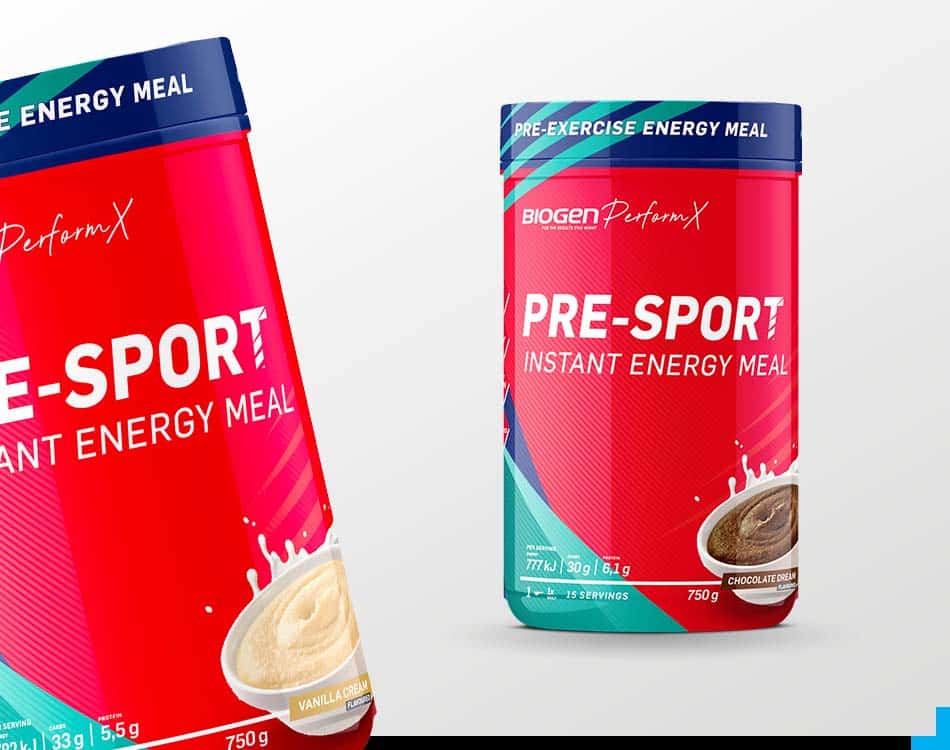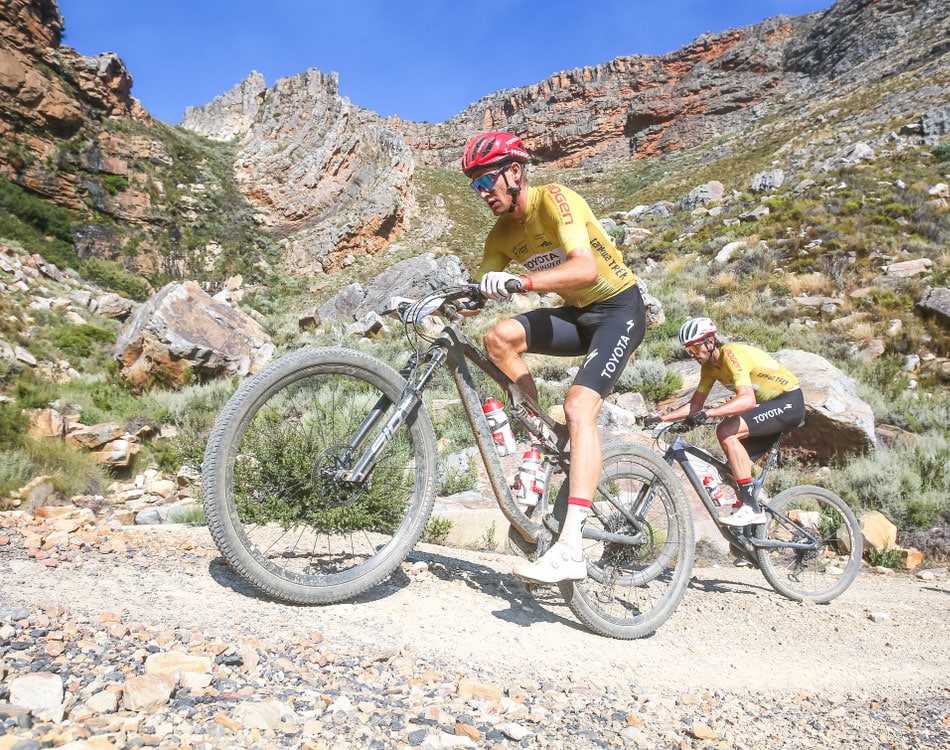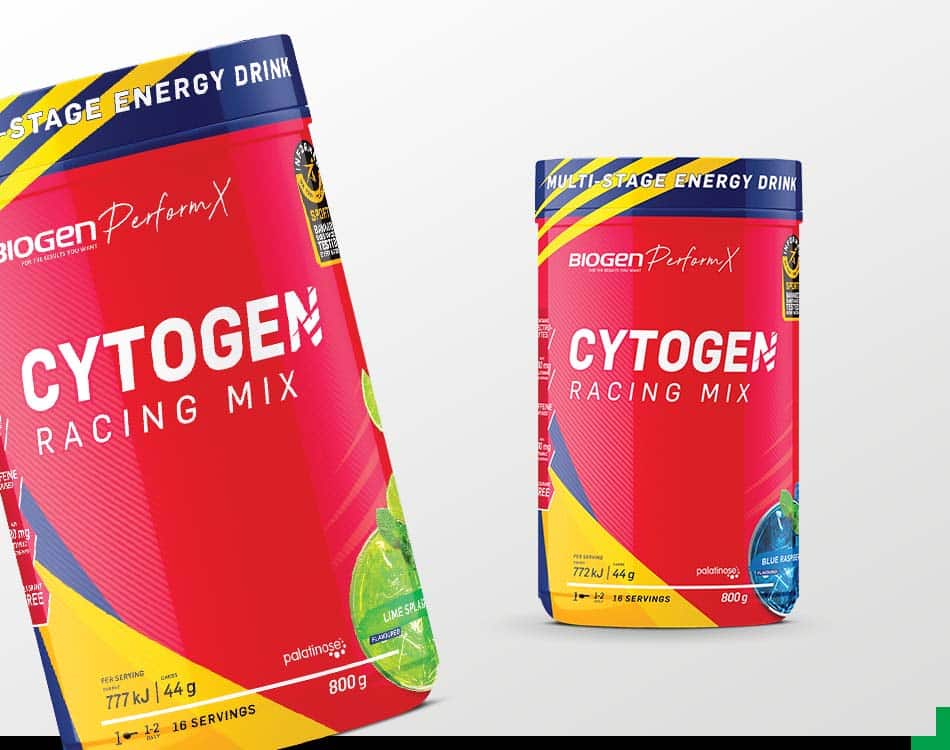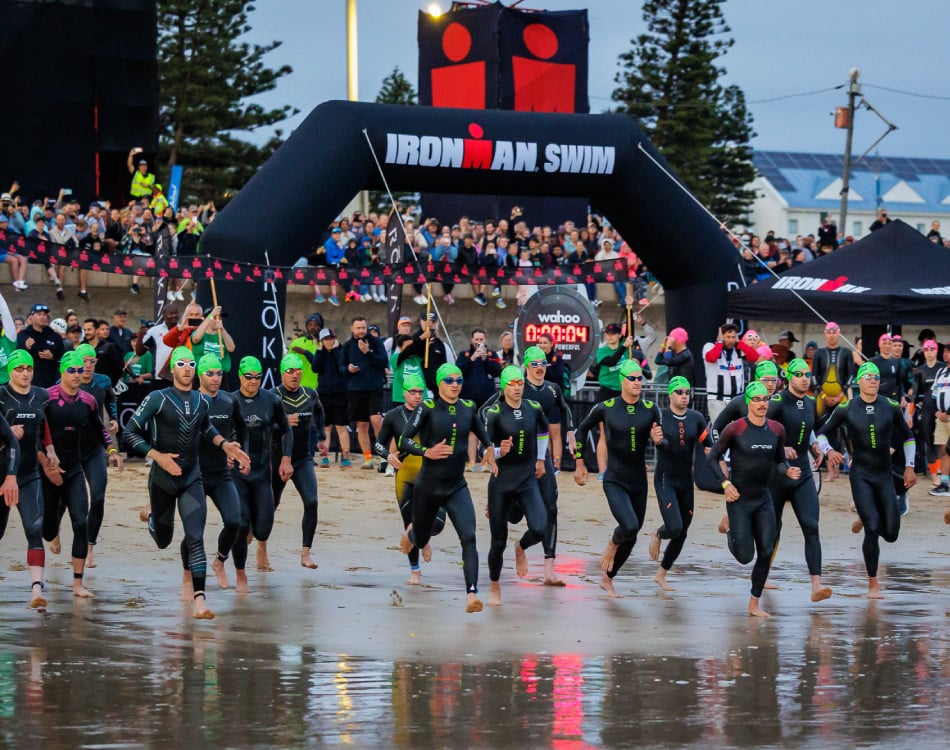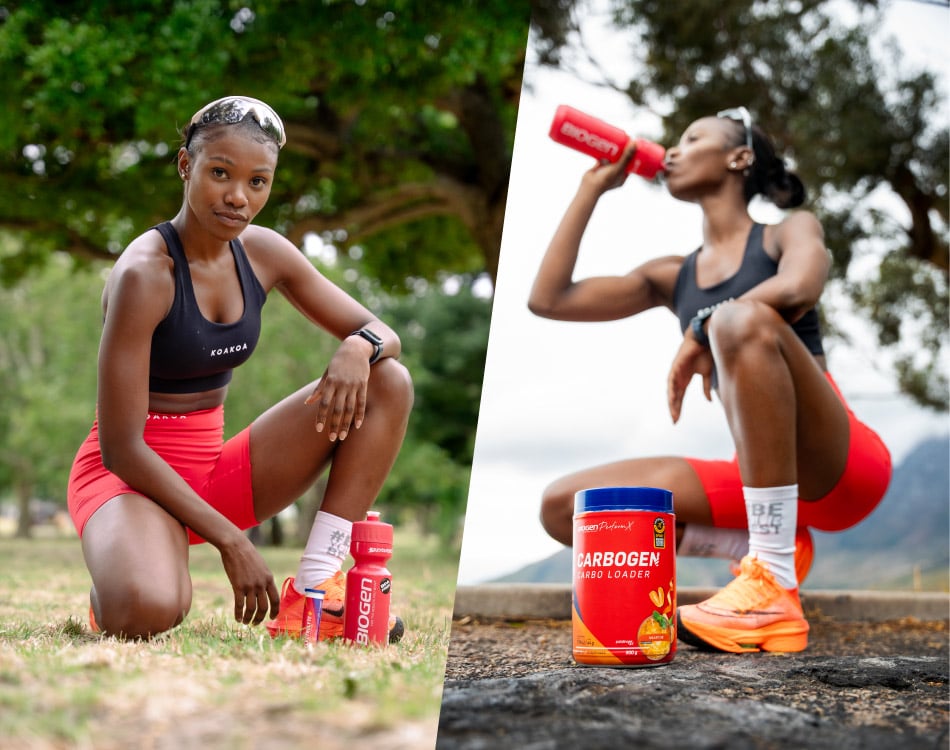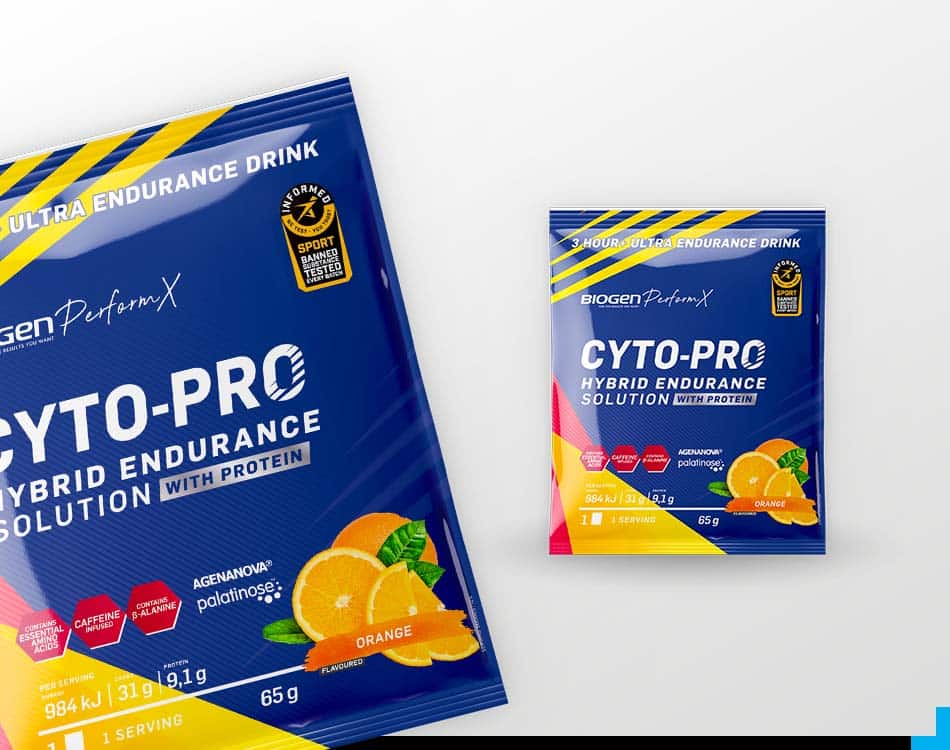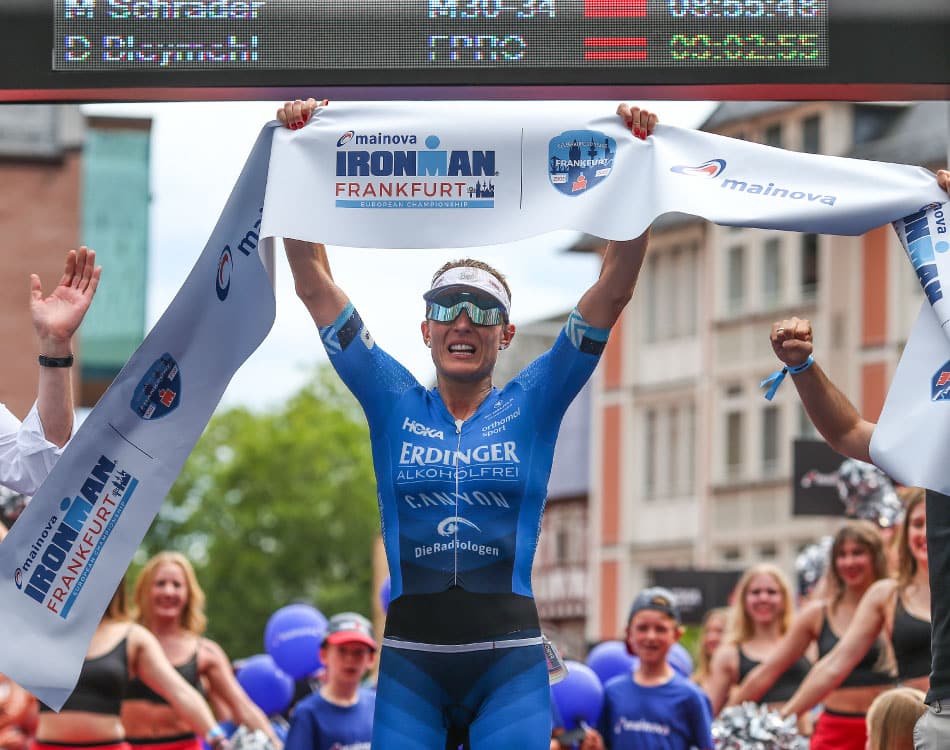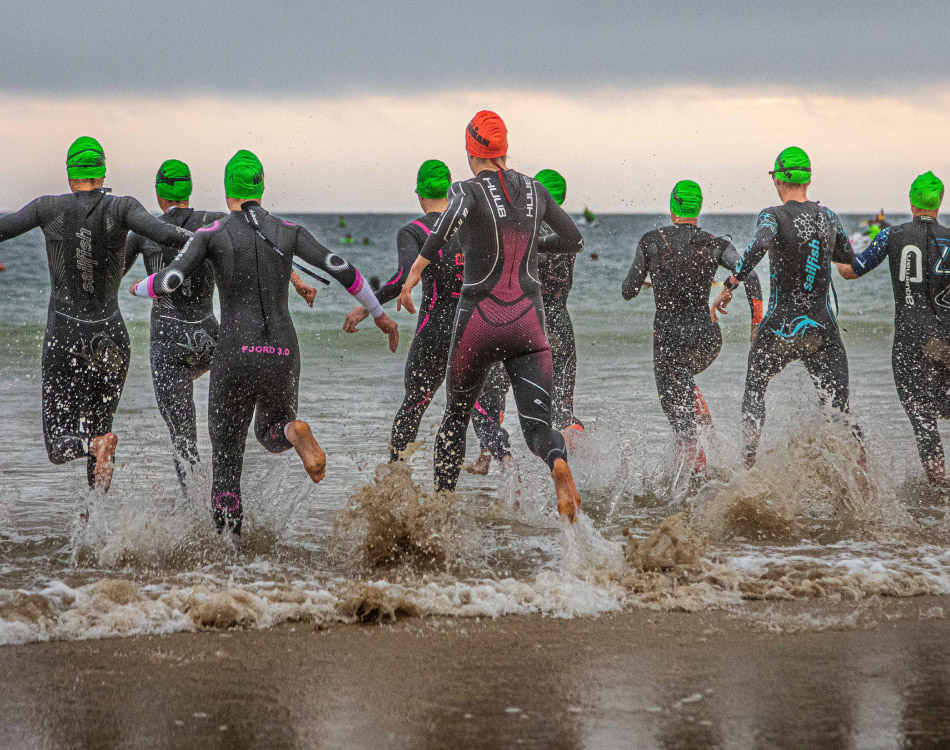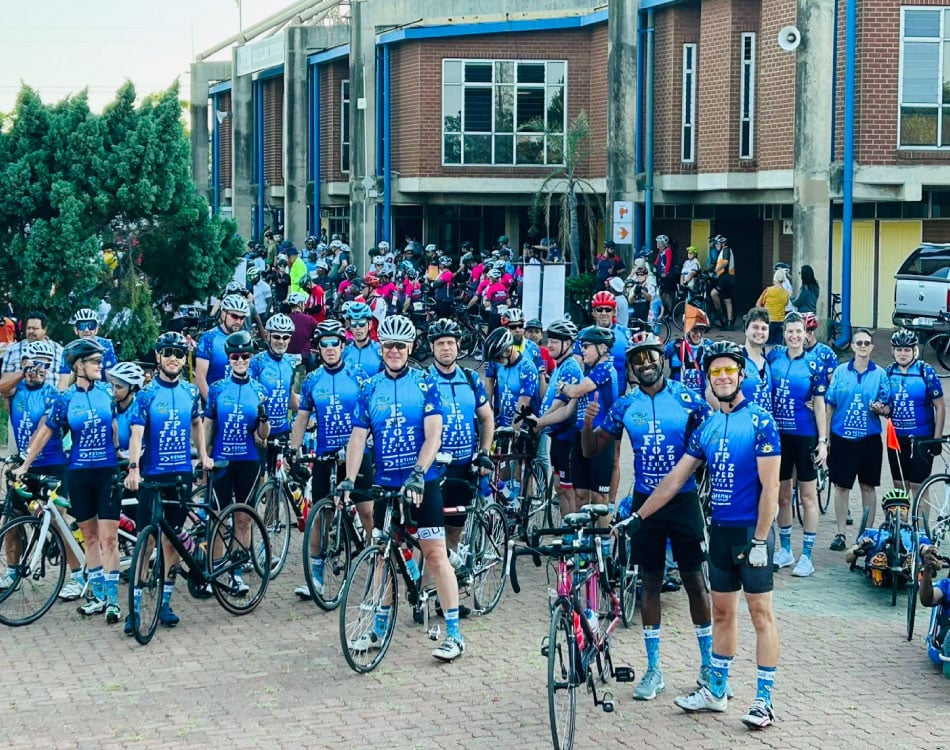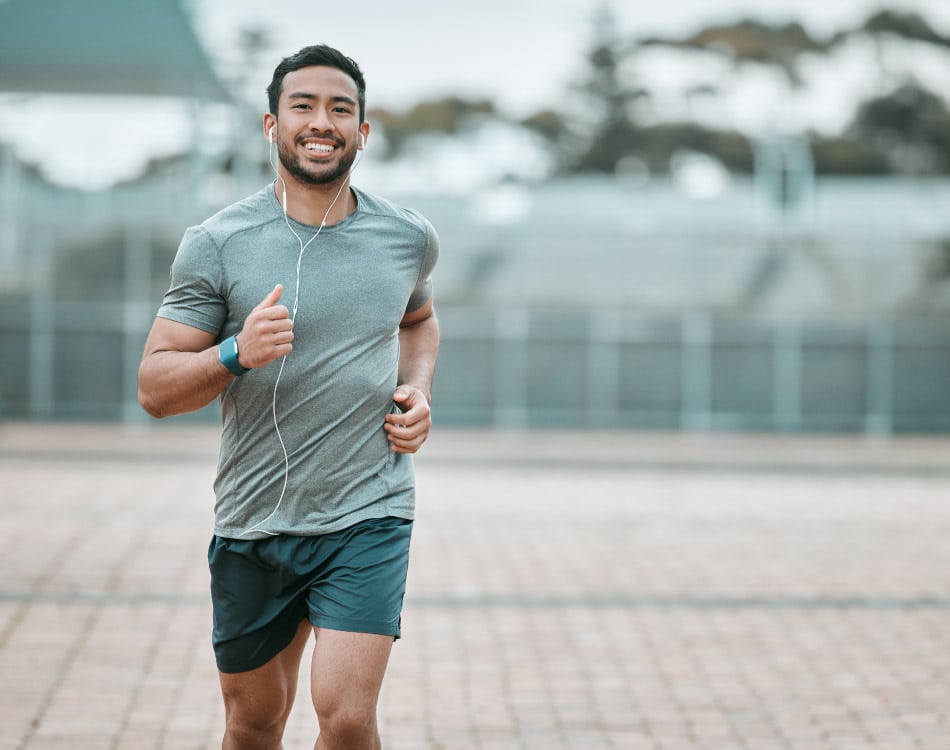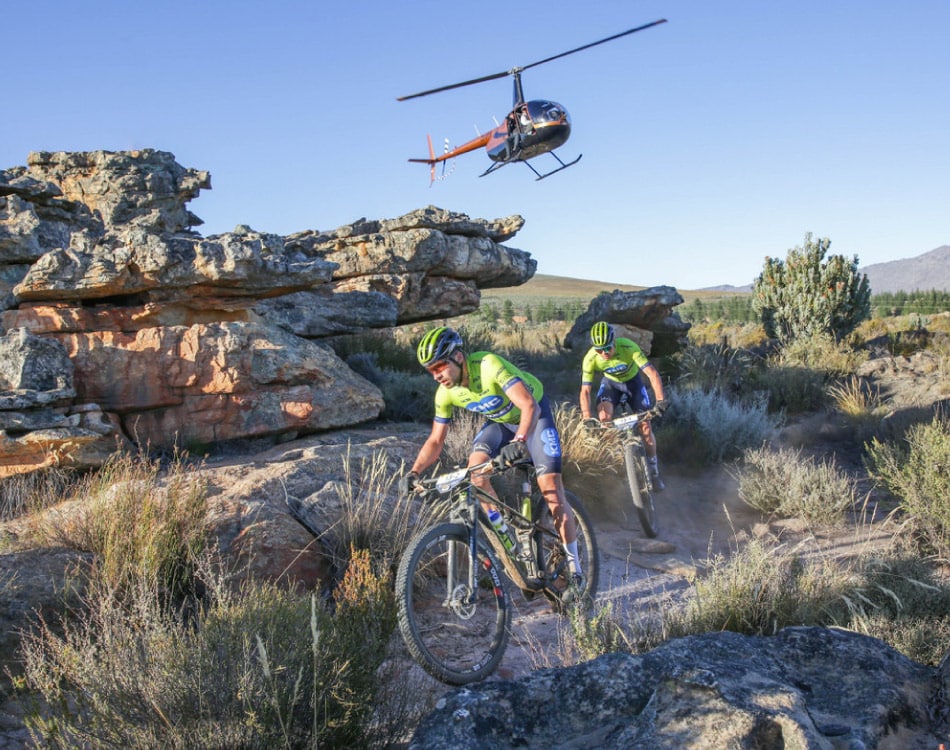The decision to eat before exercise is crucial for endurance athletes, as under-fuelling before sport, a race or training session can impact performance and recovery.
While skipping a pre-exercise meal may offer certain benefits in specific situations, research1 emphasises the negative effects of entering a high-intensity workout or race on an empty stomach.
To achieve peak performance, it’s essential to consume a suitable pre-exercise meal that provides ample energy without causing digestive issues.
In this article, we’ll explore the importance of pre-exercise nutrition, the right foods to eat, and when to consume them for optimal results.
READ MORE | Performance Fuelling: Uncovering The Highest Octane Energy Source For Athletes
The Importance of Pre-Exercise Nutrition
A well-timed pre-exercise meal serves to top up glycogen stores, ensuring the body has sufficient energy for prolonged, high-intensity activities lasting an hour or more.
For athletes training or racing in the morning, consuming a pre-exercise meal becomes even more critical as it replenishes liver glycogen depleted overnight during metabolic processes.
By providing readily available glucose from the meal, muscles can utilise this energy source before tapping into glycogen stores.
READ MORE | The Endurance Athlete’s Stage Race Survival Guide
What to Eat for Endurance Athletes
A suitable pre-exercise meal for endurance athletes should primarily consist of easily digestible carbohydrates to fuel the activity without excessively depleting energy reserves.
Including a small amount of protein can help limit muscle damage and reduce recovery demands after training, while keeping fat and fibre intake in check to avoid digestive issues during exercise.
READ MORE | Beat The Bonk And Boost Your Endurance
Timing Your Pre-Exercise Meal
The timing of your pre-exercise meal is crucial for maximising its benefits. Eating too little or too early may not provide adequate energy, while consuming too much too close to the activity can lead to digestive discomfort.
The ideal time to eat varies among individuals and depends on factors such as weight, age, gender, metabolic rate, digestive efficiency, and the type of activity.
In general, the ideal time for most people to eat is about 1-4 hours before an activity. Sometimes, an early race start leaves little time between waking up and the start.
In these instances, eating a smaller meal of 300-400 calories offers a good balance between meeting your energy requirements and maintaining digestive comfort. With more time before the activity (3-4 hours), athletes can eat up to 1,000 calories.
In this regard, widely accepted scientifically-validated recommendations2 suggest that athletes consume about 1g of carbohydrate per kilogram of body weight one hour before an activity, 2g/kg if they eat two hours before exercise, and so on up to four hours.
READ MORE | Biogen Launches Pre-Sport Instant Energy Meal
Finding Your Ideal Pre-Exercise Meal
Selecting the right food sources for the pre-exercise meal is a matter of personal preference and digestive comfort.
Whole food options like a bagel with nut butter or jam, fruits, or toast and egg suit some individuals, while others may prefer a more convenient solution.
In such cases, an intelligently formulated functional food like Biogen Pre Sport Instant Energy Meal can provide the ideal combination of carbohydrates, protein, fibre, and fat in precise doses.
This easy-to-make pre-exercise meal offers a tasty and digestible porridge with high-quality carbohydrate sources like sweet potato, oats, and rice, along with essential electrolytes to aid hydration and potentially prevent cramping during exercise.
For endurance athletes, the pre-exercise meal is a critical factor in optimising performance and recovery. Ensuring sufficient energy from carbohydrates and sparing muscle and glycogen stores through protein intake are key elements.
The timing of the meal should be adjusted to individual needs and preferences, and athletes are encouraged to experiment during training to find the best approach for their race day.
Whether choosing whole foods or a functional meal option like Biogen Pre Sport Instant Energy Meal, a well-planned pre-exercise meal can make a significant difference in endurance performance.
References:
- Hassane Zouhal, Ayoub Saeidi, et al. Exercise Training and Fasting: Current Insights. Open Access J Sports Med. 2020; 11: 1–28. Published online 2020 Jan 21. doi: 10.2147/OAJSM.S224919
- Marie Dunford, J. Andrew Doyle. NUTRITION FOR SPORT AND EXERCISE, 3rd Edition. Cengage Learning, 07 Feb 2014 – Medical – 624 pages

